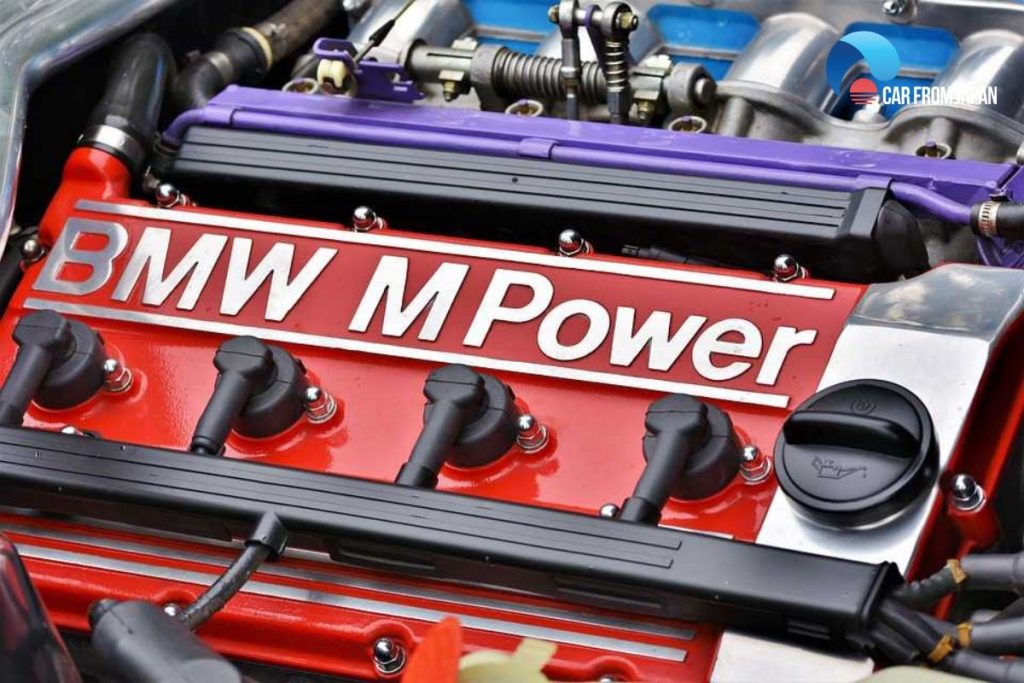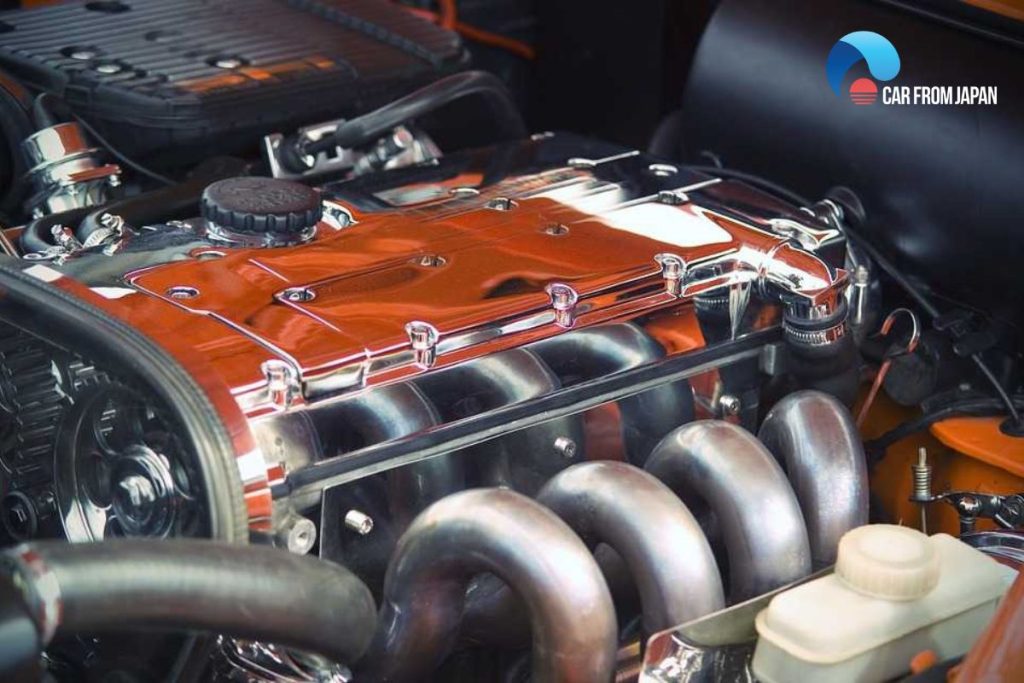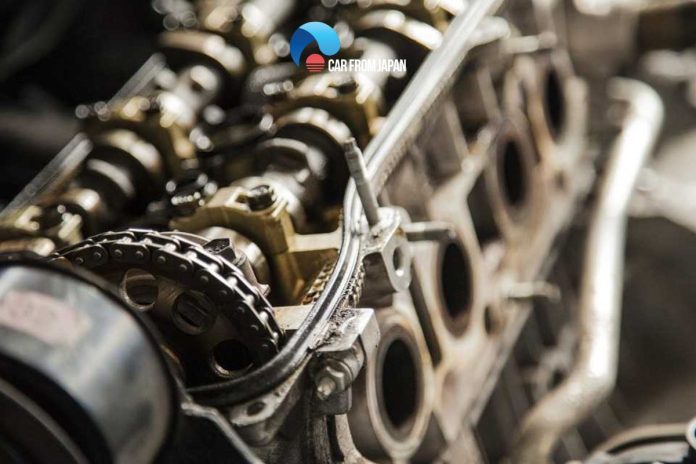The automobile industry is enhancing like anything. Regular changes to advance the vehicle economy, speed, safety, and other factors are taking place. And, the vehicle transmission system is also enhanced with engines or other sectors.
From traditional manual transmission systems to automatic sealed transmission, there are a lot of technological advancements.
The modern day technology transmission systems come with lifetime parts. Some find these transmission systems better while others still need traditional ones.
Now, there is no need to change the transmission fluid after specific intervals.
Let us know some more about the sealed transmission.
Contents
- What Is A Sealed Transmission? Facts to Know
- FAQs on Sealed Transmission
- Why do some manufacturers advertise sealed transmissions as lifetime fill?
- Can ignoring fluid changes in a sealed transmission actually cost more than owning a serviceable one?
- Why don’t sealed transmissions have dipsticks anymore?
- Can you overfill a sealed transmission during fluid replacement?
- Why do some sealed transmissions fail earlier in harsh climates?
- Does using the wrong fluid type kill a sealed transmission faster than a standard one?
- Final Thoughts
What Is A Sealed Transmission? Facts to Know
On-time repair and maintenance are necessary for an automobile’s long-term health. Most car owners overlook basic car maintenance steps. Be it changing transmission fluid to taking care of the gearbox.
But, sealed transmissions are the modern-day transmission systems. The latest technology does not require enough maintenance and regular oil changes.
The automakers now manufacture the vehicles with sealed gearbox systems. The modern system comes with longer-lasting parts. The modern-day transmission functioning does not require a periodic oil change.
It does not mean that the oil is not there. The metal shavings, gear parts, and all other components are created with modern technology. These parts do not ask for regular fluid change at all.
No need to replace the fluid
The first and foremost thing to know about sealed transmissions is that there is no need to replace the fluid. The special technology keeps all the gearbox and transmission parts lubricated.
The fluid inside the gearbox and the entire transmission system follows the lubrication process for years.
See More: Changing Transmission Fluid: How Often To Replace The Oil?

There is no bad disposable oil
A sealed transmission system does not dispose of bad fluid. And, the longer-lasting lifetime parts easily drive for more than 150000 miles.
The automakers manufacture such parts to reduce the bad waste oil. The latest system also does not produce many transmission issues. It is because the engine and components are lubricated with the latest technology oils.
According to the expert, an oil change should take place every 50,000 to 60,000 miles. However, it is not necessary with modern transmission systems.
Sealed transmission is complex
One potential disadvantage is that sealed transmissions may be more challenging to service or repair since they require specialized tools or procedures to access and maintain.
Additionally, in the event of a mechanical issue or failure, sealed transmissions may require complete replacement rather than individual component repairs.
You cannot open a sealed transmission to check or replace the fluid. Only the professionals with exact knowledge of the same can perform such applications.
One should not even attempt to open or check the transmission oil by own. A little damage or leak in the transmission can lead to permanent troubles.
And most automakers cancel the warranty if you attempt to open the seal at home. Moreover, you should always take the vehicle to the service center so that there is no damage to the transmission system.
There is no need to check the oil or take your car to a professional unless there is grinding noise from the gearbox, difficulty shifting gears, or trouble while accelerating.

Extended lifespan
The enhanced protection offered by a sealed transmission can contribute to a longer lifespan for the transmission system as a whole.
By reducing the exposure to wear-inducing factors like dirt, moisture, and corrosion, the transmission components are less likely to experience premature failure or degradation.
This can translate into fewer repairs and replacements, reducing overall ownership costs.
Environmental considerations
Sealing the transmission unit can also have environmental benefits. By preventing fluid leaks or seepage, a sealed transmission helps to keep potentially hazardous transmission fluids contained within the system.
This reduces the risk of environmental pollution and contamination of soil or water sources.
FAQs on Sealed Transmission
Why do some manufacturers advertise sealed transmissions as lifetime fill?
Because “lifetime” often refers to warranty life, not the true mechanical lifespan of the vehicle.
In practice, the fluid can still wear out and shorten transmission life.
Can ignoring fluid changes in a sealed transmission actually cost more than owning a serviceable one?
Yes. Repairs on a neglected sealed transmission can easily exceed $3,000–$6,000, while preventative fluid changes may cost only a few hundred dollars.
Why don’t sealed transmissions have dipsticks anymore?
Manufacturers removed them to reduce user error, standardize service intervals, and market maintenance-free vehicles. But it also pushes owners to rely on dealerships.
Can you overfill a sealed transmission during fluid replacement?
Absolutely. It’s easier to do than on dipstick models. Overfilling can cause foaming, overheating, and erratic shifting.
Why do some sealed transmissions fail earlier in harsh climates?
Extreme heat or cold accelerates fluid breakdown. Without easy monitoring, owners may not notice burnt or degraded fluid until it’s too late.
Does using the wrong fluid type kill a sealed transmission faster than a standard one?
Yes. Sealed units are engineered with very specific fluid properties.
The wrong fluid can cause slipping, delayed shifts, or even full failure within a short period.
Watch this video from Auto Expert John Cadogan to know more about sealed transmission!
Final Thoughts
Overall, the advantages of increased durability, reduced maintenance, improved performance, and extended lifespan make sealed transmissions a good option for many vehicles.
You need not worry about routine maintenance when your vehicle has sealed transmission. Modern vehicles with the latest transmission systems tend to last longer.



